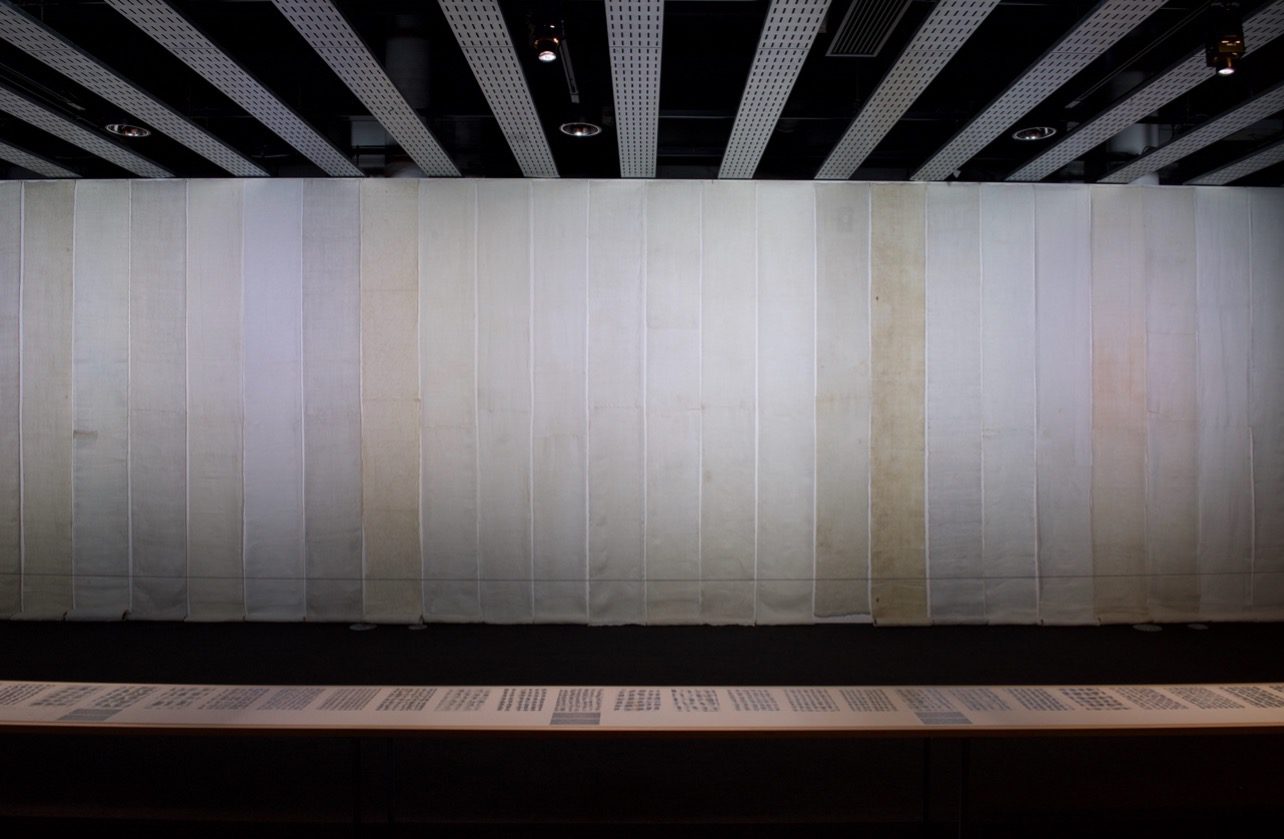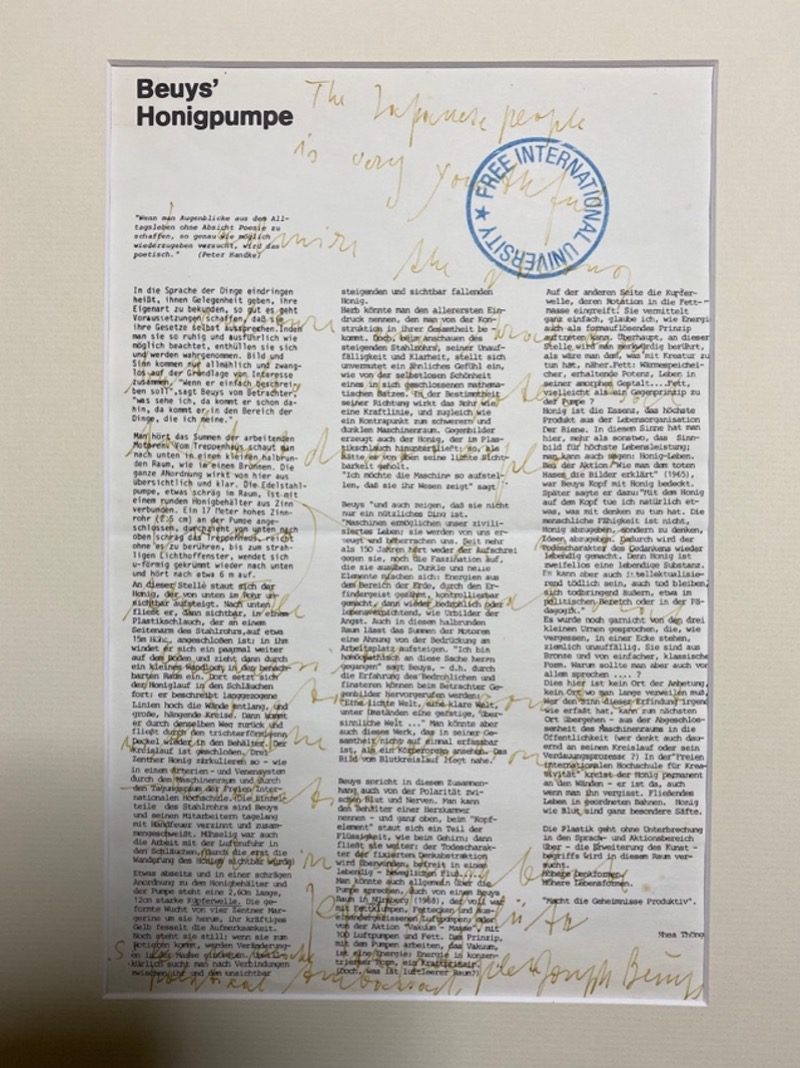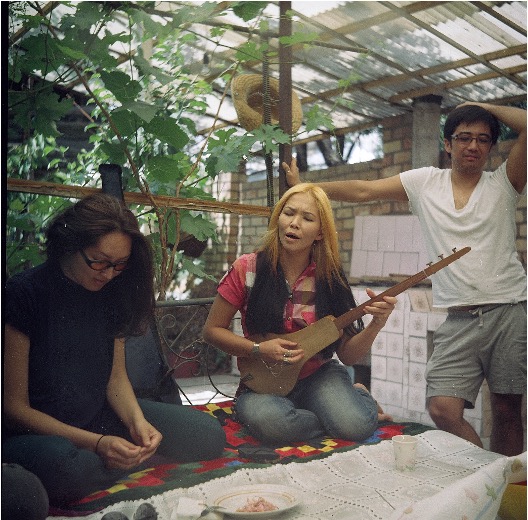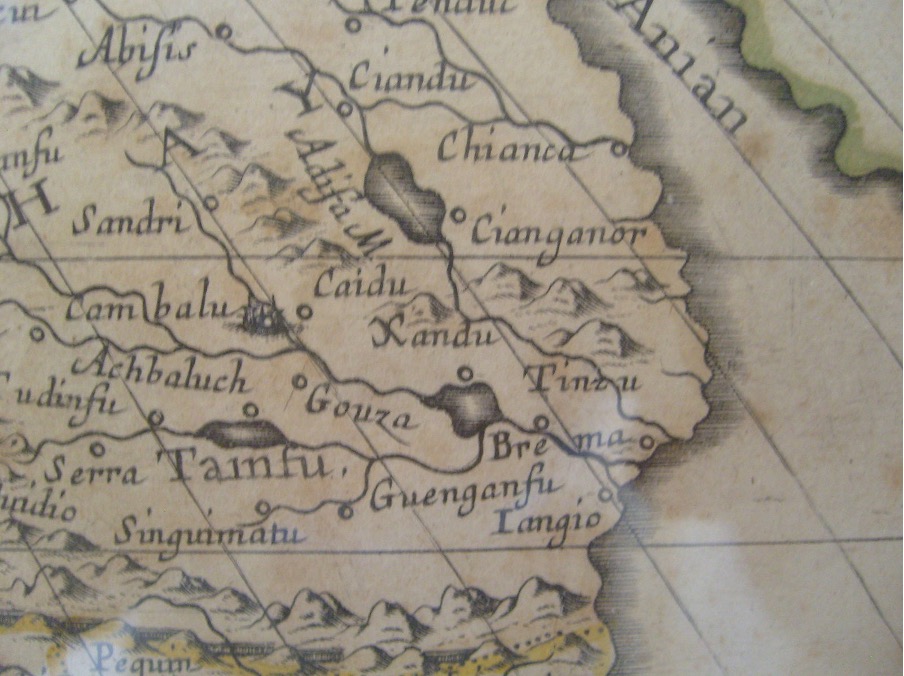On the 100th birthday of Joseph Beuys, Dominique Chen, an information scientist from Japan, invited Selbi Jumayeva, a researcher from Turkmenistan, to join him in co-leading the Eurasia program of beuys on/off project by Goethe Institute Tokyo. Dominique initially planned to organize an offline postal relay across Eurasia, but instead, Selbi curated a unique opportunity for him to learn from, connect with, and immerse into the complex and multifold arts, science, and culture community of contemporary Central Eurasia.
Starting his program as a ‘search for Eurasia’, a mythical Beuysian concept evoking collision of the West and East as manifest in Joseph Beuys himself, under the guidance of Selbi, Dominique gradually arrived into a reality of many de/entangled Easts of his own linked, looped, and shared with and his Eurasian peers. This curated online journey became an exchange of artistic perspectives, conceptual insights, and personal experiences documented in more than 60 hours of meetings and 500 pages of notes for Dominique and Selbi. Watch this online space for the public footprint of those encounters, conversations, and engagements.
The few of those notes together with reflections of artists from Central Eurasia who truly own the felt in contemporary art, indulge in the fat of everyday life, and embrace the fictions in Central Eurasia, are stitched into an art exhibition beuys on/off: felt, fat, and fictions to run offline from September 3 to September 5 at the Goethe Institut Tokyo.
The Eurasia Program welcomes a broader audience to meet the artists during an online public launch of the exhibition on September 2nd at 19:00 (Japan time), where Dominique and Selbi will present the participating artists and their works together with Mizuki Takahashi, the artistic director of beuys on/off project.
This program is a critical take on current (dis)continuations of Joseph Beuys' concept of EURASIA. Beuys incorporated the traditional motifs of Eurasian nomadic culture(s) into his own work and performances, creating his vision of reconciliation between East and West. But how much did the so-called West learn about the history of Eurasia, more than 30 years after Beuys' death? Western countries (including Japan) have long projected fantasies and adoration for Eurasia, but wasn't this another form of Orientalism? To consider these questions and shed light on Eurasian culture’s complexity and diversity, Dominique studies and reenacts the concept of Jamchi, a historical postal relay network spread throughout Eurasia by the Mongol Empire by taking a journey through a web of Central Eurasian artisans and artists, makers, and thinkers to retrace the cultural diffusion and mixture that have shaped Eurasia, and sends off very material artifacts and artworks to Tokyo following up his online visits.




